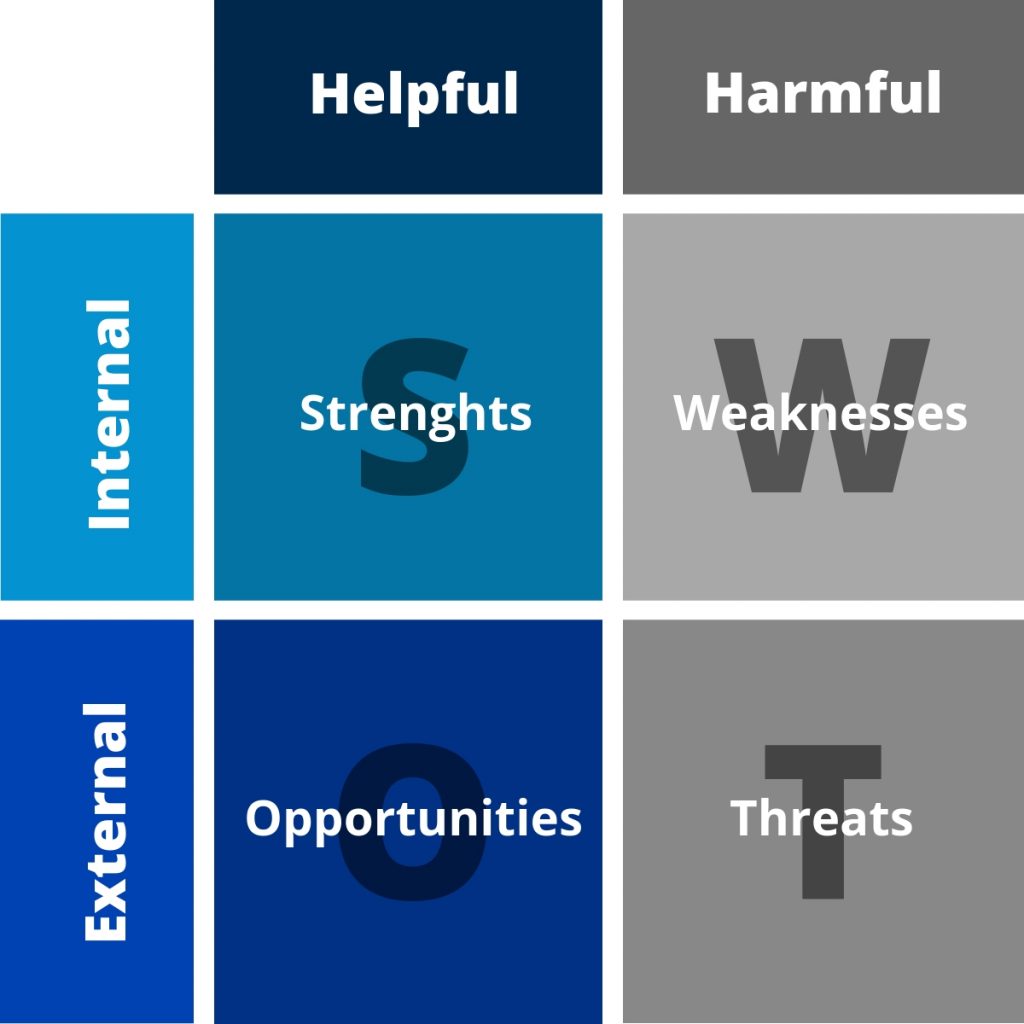Doubts are common companions of entrepreneurs who are planning to start their own business. As a result, some brilliant solutions have never been brought into play or have been launched too late to meet their audience.
The flipside is that an equal number of total failures have been presented to the world because the creators never questioned their idea.
We've prepared 12 questions to help you validate your business idea before you plunge into its realization.
1. What problem do you solve?
If you can’t clearly answer this question, the idea of your startup is probably not as hot as it may seem.
2. Have any others attempted to solve the same problem? Were these attempts successful?
You can learn quite a lot from your predecessors. The answer to this question will show you how deep your expertise in the matter is and help you find the merits and flaws in your idea.
If there haven’t been any attempts, then it’s quite a different story. That means that the problem you’re going to solve is either too new or too minor.
3. What is the key feature of your solution?
This shows how well thought out your idea is. If you can’t state at least one, then your offer needs to be polished. Conversely, if you can make a long, engaging list of features, then none of these features is a key one.
4. Who are your potential competitors?
Competition isn’t a bad thing; it shows that there is a demand for your product. Not knowing your competitors is a bad thing.
5. What makes you different?
Entering the market without some significant differentiation doesn’t promise a long game. It also makes it hard for clients to remember you.
6. What are your strengths and weaknesses?
Conduct a SWOT analysis to quantify the odds. Feel free to borrow this framework:

7. What resources do you have?
Depending on how big your idea is, you’ll need a certain amount of money, time and labor to bring it to life. If you can’t access these resources, then maybe you need to wait for a better chance to start. Otherwise, you can contact us to learn how Intersog can help you reduce your budget and solve tech skills’ shortages.
8. Who benefits from your solution?
Not knowing your customers is the second worst crime after ignoring your competitors. Demographics are not enough; you need to learn your client’s needs, thoughts and struggles in order to sell effectively.
9. How big is the market?
Research how many people really need your idea. Is there a real demand for your product or service? If the audience is small, then it should want your solution badly enough to be willing to pay a lot for it. With a small market and low margins, you probably won’t make a lot.
10. Do you have pre-orders or feedback?
Pre-orders are a telltale sign of customer engagement.
Not having customers (or potential customers) makes your product less interesting to investors.
Not asking existing customers for feedback boosts the likelihood of making unnecessary updates and losing their support.
11. How long will it take to make a profit?
It may be some time before the first purchase, and it may take a good deal more time to make your business profitable. So, will you be able to keep it functioning long enough to benefit from it?
12. Why should someone invest in your idea?
If you wish to attract help and resources, then the answer to this question should also be attractive.
If you’re planning to do it on your own, then the reason should be even more persuasive.
***
If you can give clear and, more importantly, reasonable answers to these questions, then take that as a green light. Your idea should be good enough to at least give it a try.
It's also OK if you are not satisfied with some of the results. Take some time to refine and polish your idea; that extra time may become a significant step to creating the next big thing.
Leave a Comment